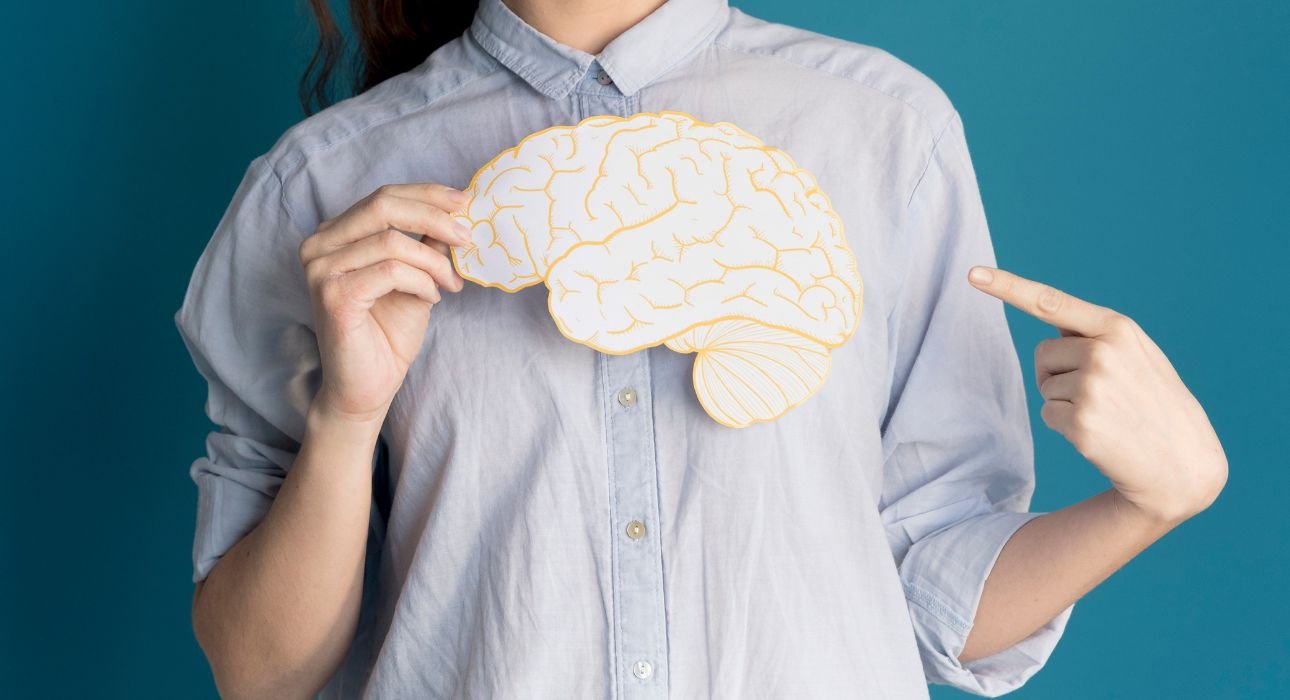Addiction doesn’t start as a disease. It begins with a decision — one that gets repeated until something shifts in the brain. Over time, the shift becomes permanent. By then, stopping isn’t just difficult — it feels impossible. Treatment centres like United Recovery Project, a luxury rehab in Florida, approach addiction with that understanding. They treat it not as a failure of character, but as a neurological condition that changes the way a person thinks, reacts, and survives. Addiction lives in the brain — and that’s where it has to be confronted. So what actually happens inside the brain when someone becomes addicted? The answer explains a lot — including why quitting requires more than just willpower.
How the Brain Handles Reward
The human brain is designed to reinforce survival. When we eat, connect socially, or achieve something, the brain releases dopamine, a chemical that creates a sense of satisfaction. That response trains us to repeat those behaviours. Drugs don’t just tap into this system — they overwhelm it. When someone uses an addictive substance, the brain releases dopamine in far greater amounts than it would naturally. The first time it happens, it feels powerful. And the brain remembers it. But after repeated exposure, the brain starts to adjust. It produces less dopamine on its own. It reduces the number of receptors. Eventually, natural rewards — like food, relationships, or achievements — lose their appeal. The substance becomes the only thing that feels worth pursuing.
Why Pleasure Turns Into Dependence
At first, drug use is a choice. Later, it becomes a need. The shift is gradual, but clear:
- The high becomes harder to reach. People need more of the substance to get the same effect.
- Without the drug, everything feels dull. Even everyday pleasures lose their impact.
- Cravings take over. The brain links the drug to relief, focus, or escape — and it pushes for more.
This isn’t about weak will. It’s biology. The brain has been rewired to depend on the substance to function.
The Role of Triggers and Memory
Addiction doesn’t end when the drug wears off. The brain stores memories of the experience — where it happened, what time of day, who was there, and what music was playing. These details become triggers. Months or years later, seeing or hearing one of these cues can bring back intense cravings, even if the person is sober. This explains why relapse can happen long after detox. The brain’s emotional centers, like the amygdala, hold onto those associations. The fight isn’t just physical — it’s psychological, and it can be relentless.
How Addiction Weakens Decision-Making
Another part of the brain — the prefrontal cortex — helps with judgment, control, and long-term thinking. It’s what allows us to say no, wait, and weigh consequences. During active addiction, this part of the brain becomes less active. That’s why people often make decisions they regret, even when they know the risks. It’s not a lack of care — it’s a loss of control. Over time, the brain learns to prioritize the substance over everything else. Relationships, health, safety — they all become secondary.
Why Quitting Is So Hard
People often think recovery is just a matter of not using. But stopping drug use doesn’t fix the brain overnight. During withdrawal, the brain struggles to regulate mood, sleep, focus, and stress. Without the drug, dopamine levels are low. The person feels flat, anxious, or depressed. This is called anhedonia — the inability to feel pleasure — and it can last for weeks or months. In this state, relapse isn’t just tempting — it feels like the only way to feel normal again. That’s why early recovery is fragile. Without proper treatment and support, the brain pulls the person back to what it knows.
Can the Brain Recover?
Yes — but not instantly. The brain has plasticity. That means it can form new connections, rebuild pathways, and restore balance. But that takes time, consistency, and the right environment. Facilities like United Recovery Project focus on helping the brain recover, not just the body. They use therapy, nutrition, structure, and medical support to stabilise mood, restore healthy rhythms, and build resilience. Recovery doesn’t just mean avoiding the drug. It means re-learning how to function without it.
What Science Tells Us About Treatment
Understanding addiction as a brain condition changes how it should be treated. Effective rehab focuses on:
- Restoring brain chemistry
- Teaching coping skills for cravings and triggers
- Rebuilding decision-making and emotional regulation
- Treating co-occurring mental health conditions
This isn’t a quick fix. But it’s a realistic path forward — one backed by medical and neurological research, not just slogans.
Final Word
Addiction is more than behaviour. It’s the result of changes deep in the brain — in systems meant to keep us alive. Once those systems are hijacked, choice fades. Urge takes over. But the same brain that learned addiction can also learn recovery. It just needs time, care, and support from people who understand what’s really happening beneath the surface. Recovery doesn’t come from guilt or pressure. It starts when the brain begins to heal. And that healing is absolutely possible.
